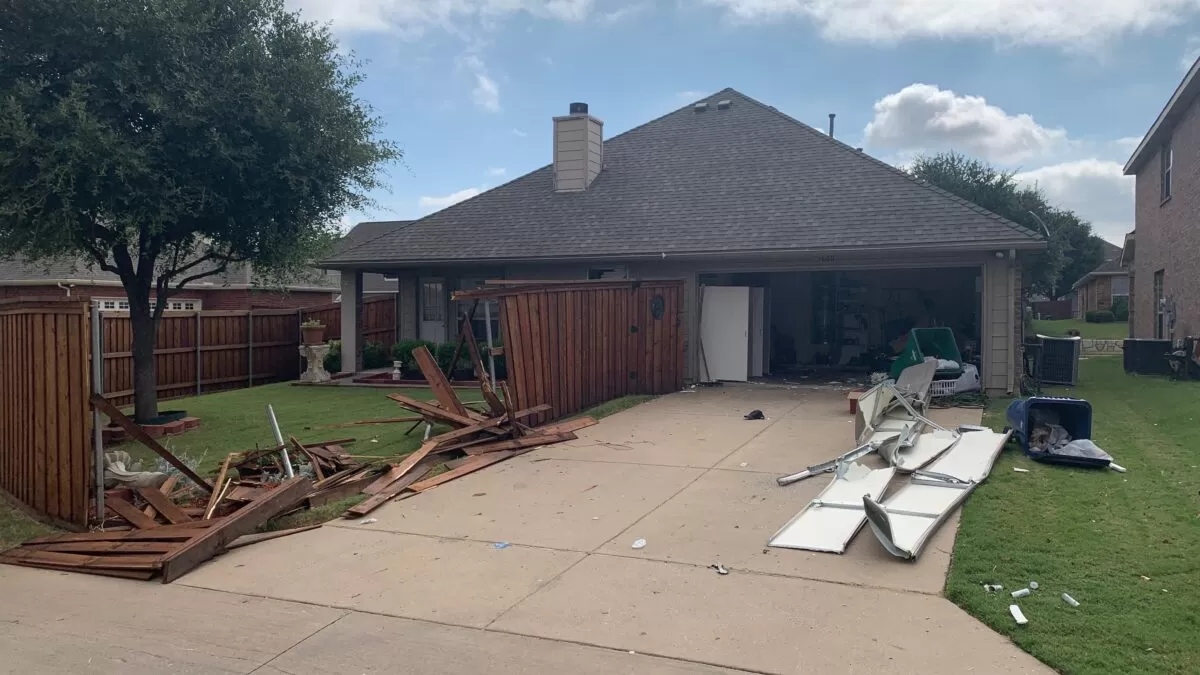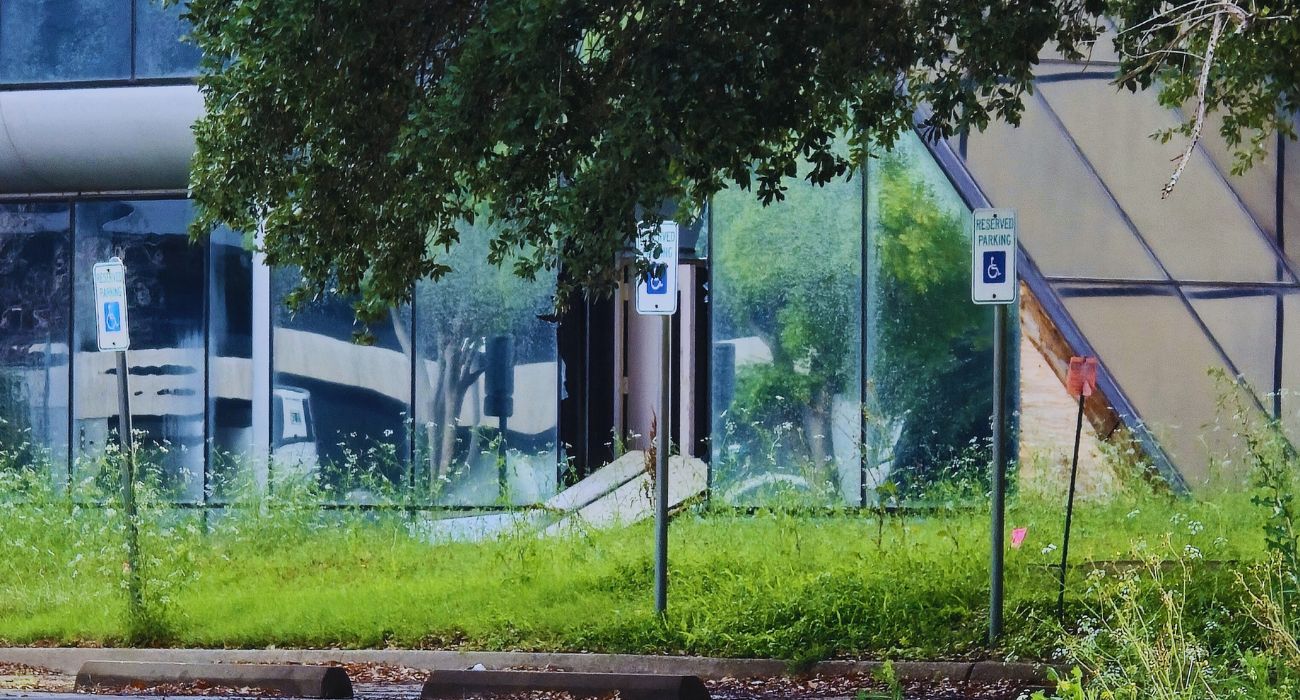McKinney police conducted a SWAT raid in July 2020 that left the home of Vicki Baker with “extensive” damage.
In March, Baker filed a lawsuit in the U.S. District Court for the Eastern District of Texas. In the suit, she alleges that police caused damage totaling more than $50,000 to her house and refused to compensate her for it. In April, the city filed a motion to dismiss her lawsuit for “lack of subject matter jurisdiction.”
Now, a federal court has ruled Baker can proceed with the lawsuit, denying the city’s motion to dismiss. Since the city refused to compensate Baker for the damage, “that plausibly amounts to a Fifth Amendment violation,” Judge Amos L. Mazzant III wrote.
Baker lived in Montana when the raid occurred, but her daughter, Deanna Cook, lived in the home.
The SWAT team arrived after Cook called police from a public location and said she left the house after a fugitive she recognized from news reports arrived at the home with a teenage girl and took shelter.
The fugitive was Wesley Little, who was wanted for the kidnapping of a 15-year-old girl. Little had worked for Baker as a handyman at the house a year-and-a-half prior.
The lawsuit alleges Cook provided police with the code to enter the house and the garage door opener upon their arrival. The officers surrounded the home and attempted to negotiate with Little. Eventually, Little let the 15-year-old girl escape unharmed. The girl told police Little had several firearms and had said he refused to leave the house alive.
Following more unsuccessful negotiations with Little, police attempted to force him out by detonating tear gas. When that was unsuccessful, officers forcefully entered the home by breaking down the front door, detonating explosives to open the garage door, and running over the backyard fence with a tank-like vehicle. Upon entrance, officers discovered that Little had taken his own life.
In the lawsuit, Baker claims that every window needed replacing, various appliances were destroyed, and a hazmat remediation team was needed to clean the house due to the tear gas. She also claims that the front and garage doors, carpets, blinds, and ceiling fans needed replacing and that tear gas canisters destroyed parts of the drywall.
Baker sought money for the damages immediately following the SWAT raid but was told by the city and her homeowner’s insurance company that the police had “immunity,” according to her attorney Jeff Redfern of the Institute for Justice. Redfern said Baker maxed out credit cards and withdrew funds from her retirement account to pay for the repairs.
Redfern also said in a news release that Baker was in the process of selling the home and had buyers scheduled to close on a contract the next day, but the sale fell through as a result of the damage. Baker sold the home eventually but for “substantially less than before the raid.”
McKinney’s communications and media manager, Denise Lessard, previously told the Dallas Morning News that “the city does not comment on litigation matters,” but “it will vigorously defend the actions of our officers.”






